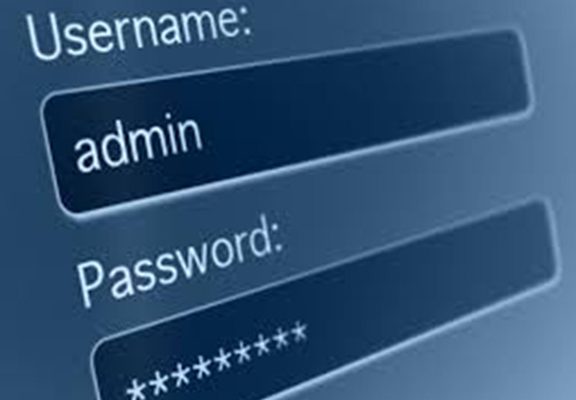- Home
- News
- What’s On
- Activities for Children
- Arts & Crafts
- Autos and Bikes
- Business events
- Car Boot & Auctions
- Charity events
- Churches & Religious
- Comedy
- Dance
- Days out & Local interest
- Education
- Exhibition
- Film
- Gardening & Horticulture
- Health
- Markets & Fairs
- Music
- Nature & Environment
- Spiritual
- Sport
- Talks and Discussions
- Theatre and Drama
- Business
- Local Information
- Jobs
- Deaths
- Charity events
- Contact Us
Keep your devices and data safe from cyber criminals

Local communities across Cheshire are being warned to keep their devices safe from cyber criminals.
Officers from Cheshire Police and Get Safe Online have joined together to issue simple safety tips to the public on how they can keep devices such as smartphones, watches and laptops safe and secure.
The advice comes as part of a ‘protecting your devices’ campaign providing a range of tips to follow including using a strong pin or password through to using security software and regularly backing up your data.
Detective Sergeant Brian Faint, of the Economic Crime Unit at Cheshire Police, said: “People often take extra care when it comes to their personal belongings and valuables but fail to think about their online security, which can have a devastating impact on victims.
“Anyone can fall victim to online crime and we want to remind you to remain security conscious and do everything you can to reduce being targeted by those intent in causing misery in our communities.
“I would strongly encourage everyone to start making online safety part of their daily routine by following a few simple tips to protect your digital devices.”
Tony Neate, Chief Executive of Get Safe Online said: “Our smartphones, tablets and laptops have become essential to both our personal and work lives, they are also the gateway to our online lives so it’s important to keep them protected. These devices are expensive and contain some of our most precious data such as irreplaceable photos or confidential personal or work information so you don’t want them falling into the wrong hands. Simple things such as using a strong pin or password on our devices as well as using security software and back-ups mean if you do lose your device, your information is kept safe.”
Cheshire Police and Get Safe Online’s ‘protecting your connected devices’ tips:
• Always protect computers and mobile devices with a PIN or password, even if they come with biometric protection
• Always have internet security software loaded, switched on and kept updated on your computer. Download security apps on all your mobile devices too, including Apple devices
• Update software and apps when prompted, including operating systems. These often contain security updates
• Clicking on email attachments or links in emails and social media posts could infect your devices with various types of malware, including ransomware and spyware. Think before you click
• Giving a caller remote access to your devices could compromise or even disable them. Only an authorised support person who you have contacted with a problem, should be allowed to gain access
• Keep computers (desktops and laptops) and mobile devices secure and out of harm’s way in the home and office.
• Never leave laptops or mobile devices unattended, in vehicles, cafés, the gym or anywhere else
• Keep your phone protected when out and about in crowded areas. Mobiles make attractive targets for pickpockets and ride-by thieves
• Some data and photos are irreplaceable. Back up all your devices regularly in case they become usable or get lost or stolen
• Other connected wearable and household devices such as smart watches, televisions, CCTV cameras and even bathroom scales can also be compromised by hackers. When setting these up, always set a new password or PIN (where applicable) to avoid this happening
For more information please visit www.getsafeonline.org/devices

You must be logged in to post a comment Login